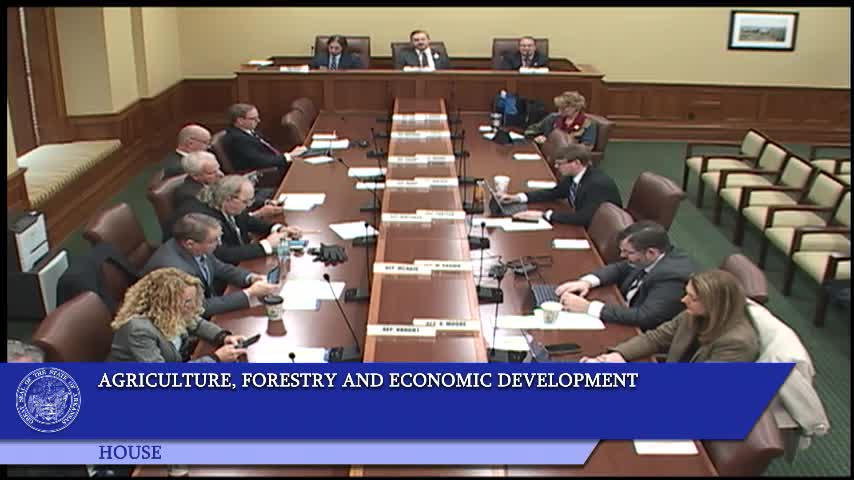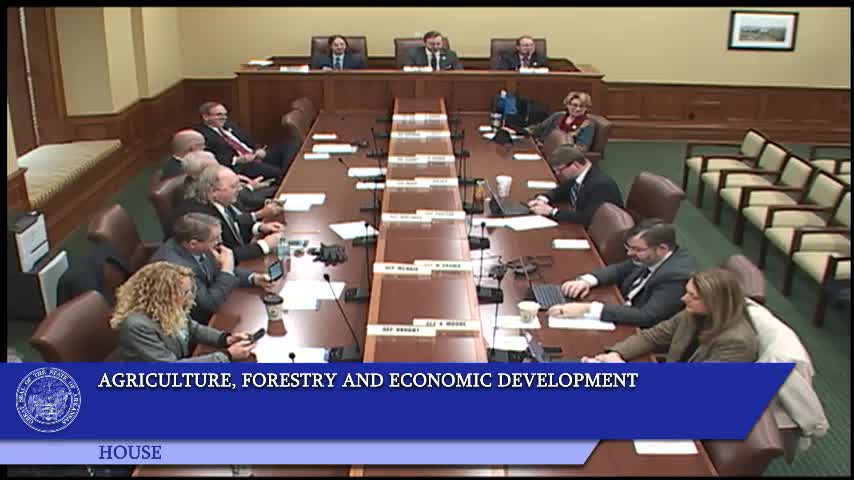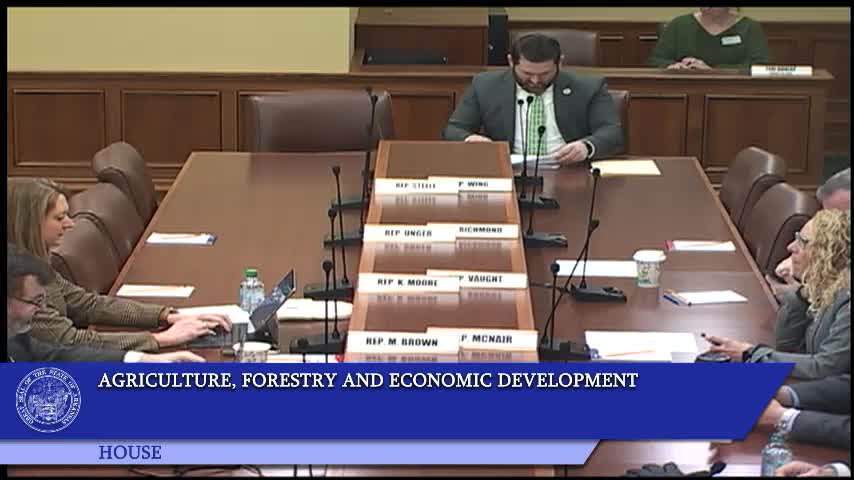Article not found
This article is no longer available. But don't worry—we've gathered other articles that discuss the same topic.

Bill would clarify operator liability and safety standards for mountain-bike parks and lift operations

Committee approves bill changing registered-forester composition for Arkansas Forestry Commission hearings

Committee approves consolidating six Department of Agriculture reports into a single annual report

